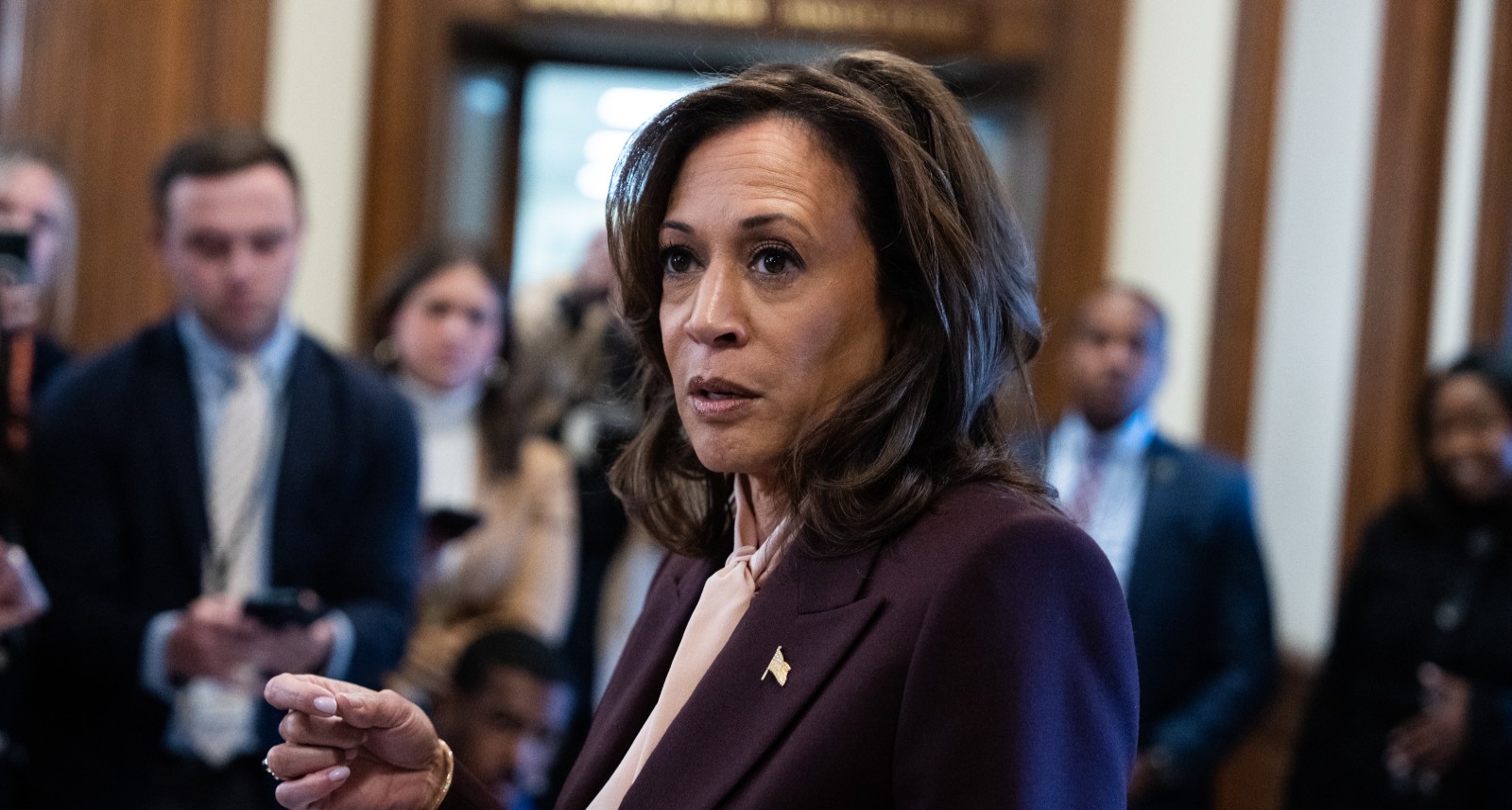rewrite this content
Veteran Democratic strategist James Carville has intensified his critiques of former Vice President Kamala Harris following her significant defeat in November against now-President Donald Trump. He suggested that her chances of securing the Democratic nomination in 2028 are exceedingly slim.
In a recent interview with PBS, Carville likened Harris to a “seventh-string quarterback” thrust into a Super Bowl scenario, expressing discontent with the manner in which she was effectively chosen to succeed now-former President Joe Biden after his decision to withdraw from the reelection race following a lackluster performance in a June debate against Trump.
“We conducted a presidential election, and if it were a Super Bowl, we ended up starting our seventh-string quarterback. That’s the reality, alright?” Carville stated during the program “Firing Line.” “One cannot tackle an issue without first acknowledging its existence.”
He further speculated that Democratic voters might have preferred a candidate capable of “actually completing a sentence,” despite Harris receiving approximately 75 million votes compared to Trump’s 77 million.
“Had we showcased the remarkable talent present in today’s Democratic Party — did you hear what I said? The remarkable talent in today’s Democratic Party. If the public had recognized that, they would have thought, ‘I wasn’t aware they had individuals like that, who can actually articulate a thought, who know how to convey a message, and who have a track record of achievement,’” the seasoned strategist, known for his role in electing Bill Clinton for two terms, remarked.
“If we had inspired the populace and included voices from both the heartland and the coasts, we would have been diverse, and that is how individuals engage in politics. We have not had an inspiring presidential candidate since 2012. That is a significant issue,” he concluded.
On the Republican front, GOP strategist Mike Murphy contributed his insights.
Harris encountered significant criticism throughout her campaign due to her difficulties with unscripted interactions, which frequently resulted in fragmented and ambiguous replies from the former vice president. Nevertheless, Carville authored a column for The New York Times in the weeks preceding the November election, entitled “Three Reasons I’m Certain Kamala Harris Will Win.” In this piece, he disparaged Trump as a “repeat electoral loser,” asserting that “this time will be no different,” while lauding Harris. However, contrary to Carville’s predictions, Trump secured a substantial number of electoral votes and became the first Republican nominee in nearly twenty years to win a majority of the popular vote.
Carville noted, “On the other side, in just three months Ms. Harris has assembled a unified and electrified coalition. From Alexandria Ocasio-Cortez to Liz and Dick Cheney, it is the broadest we have seen in modern political history… and if the bigger coalition turns out with equal enthusiasm, it will be lights out for Mr. Trump.” Ironically, it was Trump who expanded the GOP coalition with his electoral success. Additionally, Carville’s column criticized “sweaty Democratic operatives” who expressed skepticism about Harris’ prospects against Trump in the lead-up to the election.
He remarked, “More than in any other election in my lifetime, I’ve been consistently asked by people of all stripes and creeds: ‘Can Kamala Harris win this thing? Are we going to be OK?’ This sentiment is echoed repeatedly by anxious Democratic operatives who frequently rush to the media with their concerns.”
